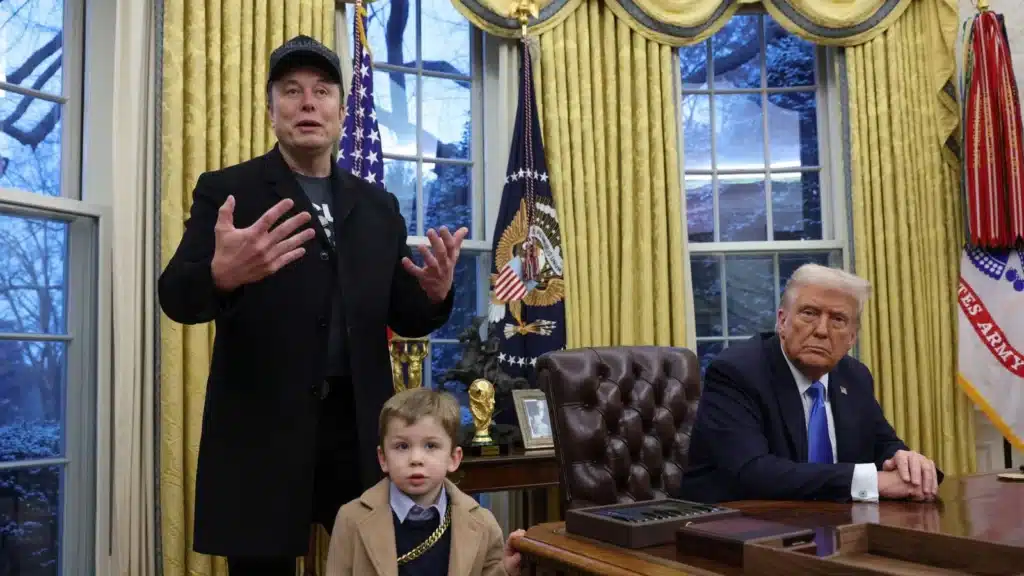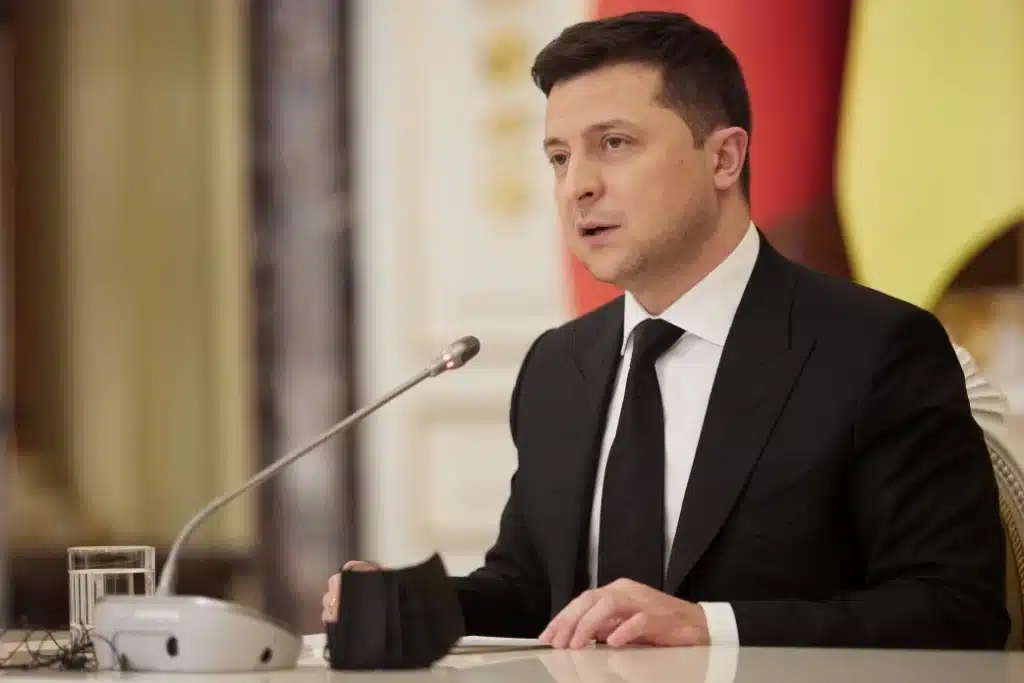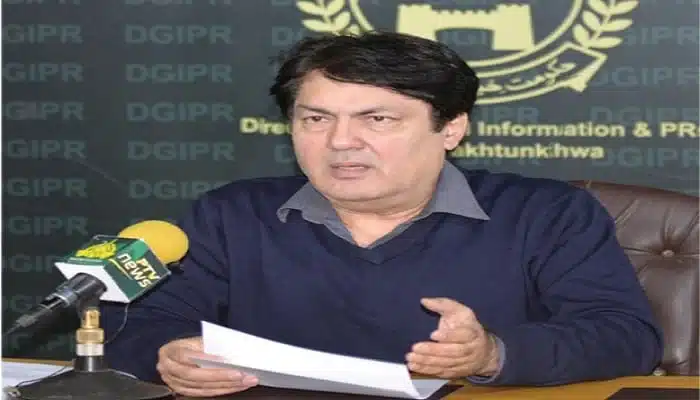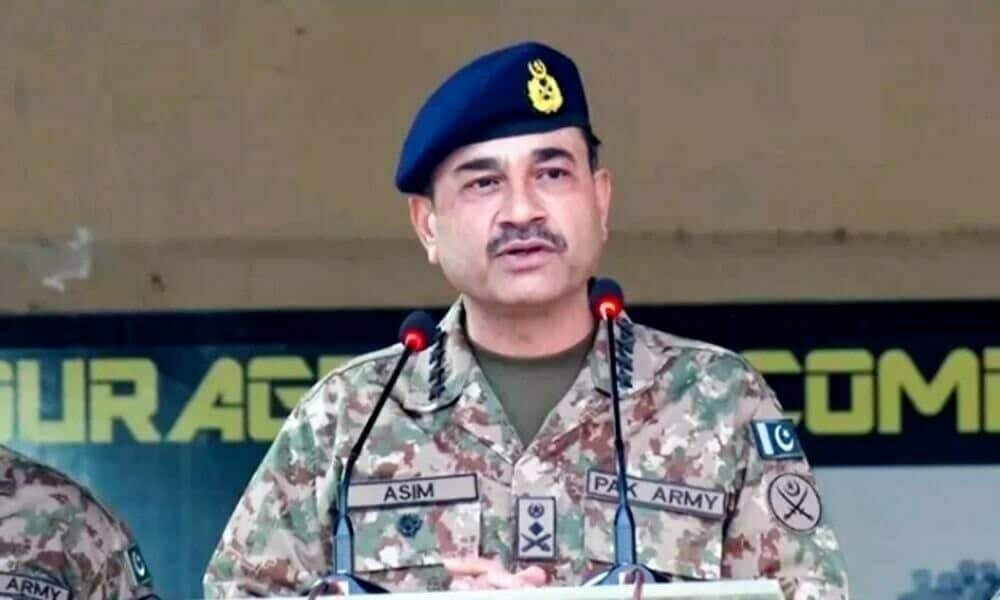TEHRAN, Iran — Iranian Foreign Minister Abbas Araghchi announced on Sunday that Tehran possesses evidence proving U.S. military support for Israel’s recent large-scale airstrikes on Iran.
“We have concrete proof that American forces and bases in the region supported the Zionist regime’s military operations,” Araghchi said during a press conference in Tehran.
He added that U.S. President Donald Trump had openly acknowledged his awareness of the attacks, suggesting they could not have been carried out without U.S. weapons and logistical backing. “In our view, the United States is complicit in these attacks and must take responsibility,” Araghchi stated.
President Trump, however, denied any U.S. involvement during a statement on Saturday, saying, “The U.S. had nothing to do with Israel’s overnight strikes.” He warned Iran that any attack on U.S. personnel or assets would be met with the “full force” of the American military.
U.S. Secretary of State Marco Rubio echoed this on Thursday, stressing that Washington played no role in Israel’s latest operations. “Our top priority remains the protection of American forces,” Rubio said, warning Tehran not to retaliate against U.S. interests.
Despite receiving indirect assurances from Washington disavowing involvement in the attacks—particularly the strike on Iran’s Natanz nuclear site in Isfahan—Araghchi said Tehran rejects those claims, citing conflicting evidence.
“We expect the U.S. government to clearly condemn the attack on a peaceful nuclear facility, which constitutes a violation of international law,” he said. “If the U.S. is sincere about its stance on nuclear nonproliferation, it must distance itself from this aggression.”
Araghchi pointed out that the Israeli strikes came just as Iran and the United States were scheduled to resume nuclear negotiations, mediated by Oman, on Sunday. He accused Israel of deliberately undermining diplomacy, a tactic he claimed has been used in the past.
Iranian officials reported that the Israeli attacks have killed at least 80 people since Friday, including senior commanders from the armed forces and the Islamic Revolutionary Guard Corps (IRGC), as well as nuclear scientists and academics.
In response, Iran launched retaliatory missile and drone strikes on Tel Aviv and Haifa over two consecutive nights, resulting in at least 10 deaths and dozens of injuries in Israel.
Araghchi said Iran’s counterstrikes on Sunday specifically targeted Israel’s energy infrastructure after Israeli forces attacked vital fuel and power facilities across Iran. Among the targets was a major fuel depot in Tehran’s Shahran district, which caught fire but was mostly emptied before the strikes. Authorities said the blaze was brought under control after several hours.
Additionally, on Saturday, Israel targeted Phase 14 of the South Pars gas field in Asaluyeh, Bushehr Province—part of the world’s largest natural gas reserve. Araghchi described this as a “grave strategic error,” accusing Israel of attempting to escalate the conflict and pull other nations into the war.
Both Iran and Israel have signaled that the attacks are likely to continue. On Sunday, the Israeli military warned Iranian civilians to avoid areas involved in weapons production or risk being targeted.
Despite the ongoing hostilities, Araghchi indicated that Iran is prepared to halt its strikes—if Israel stops its aggression. He called on the international community to take immediate action to condemn Israel’s attacks and prevent further escalation.
Read also: Pakistan issues travel advisory amid Iran-Israel conflict





